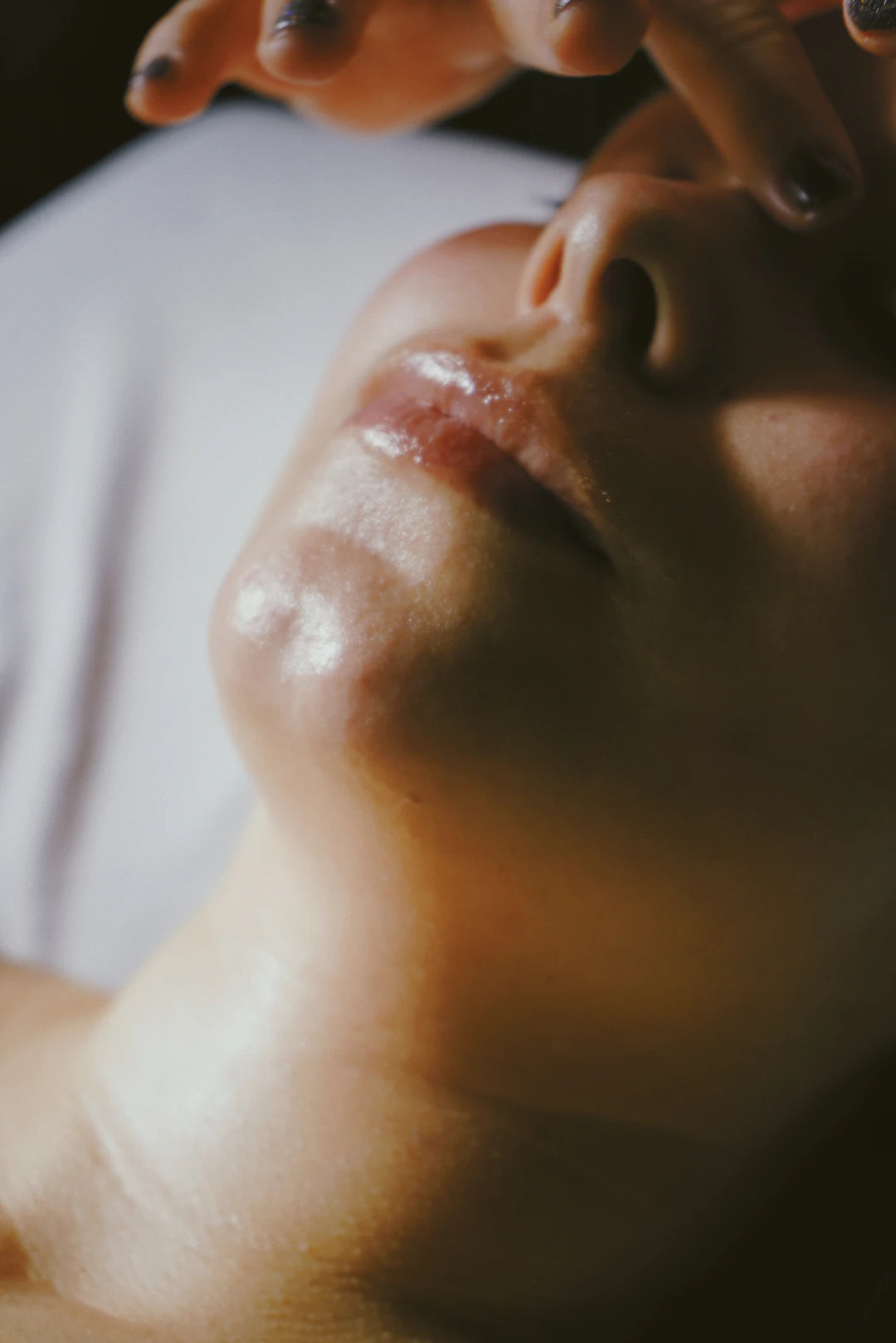The Impact of Sleep on Your Skin’s Radiance

Frequently Asked Questions
1. How does sleep affect skin health?
2. What are the antiaging benefits of sleep?
3. How can different skin types be influenced by lack of sleep?
4. What are some tips for improving sleep quality?
5. How should sleep be integrated into a skincare routine?
When it comes to glowing skin and overall health, sleep is one of the most essential yet often overlooked factors. Many people focus on topical treatments, like the latest proprietary peptides serum, and forget that true skincare begins from within. Sleep is not just a time for your body to recharge; it is a critical period for your skin, making it vital to understand its influence on skin health. In this blog post, we'll explore how sleep affects your skin, the correlation between sleep and antiaging, and best practices for enhancing your nightly routine.
The Science of Sleep and Skin Health
Research shows that various skin functions are closely tied to how well you sleep. During sleep, your body engages in several processes that promote skin repair and rejuvenation. Key areas influenced by sleep include:
Cell Regeneration
Your skin undergoes a restorative process during sleep, particularly during the deeper stages of the sleep cycle. Cell regeneration helps replace old, damaged skin cells with fresh, healthy ones. This is the time when ingredients like proprietary peptides serum can work even more effectively, aiding in skin repair and renewal.
Increased Blood Flow
While you snooze, blood flow to your skin increases, delivering oxygen and essential nutrients. This boost results in a healthier and more vibrant complexion. Lack of sleep can impair this process, leading to dull, tired skin.
Hormone Regulation
Sleep plays a crucial role in hormone regulation, including cortisol levels, the stress hormone that can wreak havoc on your skin. Elevated cortisol levels can lead to various skin issues such as breakouts or premature aging. Prioritizing sleep helps keep your hormones in check, promoting skin health.
How Sleep Affects Different Skin Types
Skin’s response to sleep can vary based on skin type. Let’s explore how various skin types may react to insufficient sleep.
Oily Skin
People with oily skin may experience more breakouts when not getting enough sleep. Stress and hormonal imbalance due to sleep disruption can increase oil production, making it essential to develop a consistent sleep schedule.
Dry Skin
Dry skin can appear even more parched and flaky when sleep-deprived. Sleep is fundamental for moisture retention and hydration balance, so optimal rest can make a significant difference in the plumpness of dry skin.
Sensitive Skin
Individuals with sensitive skin may notice increased irritability and redness when they lack sleep. Starting the day rested may help minimize sensitivity and the likelihood of allergic reactions.
The Antiaging Benefits of Sleep
As we age, our skin’s ability to regenerate decreases, leading to signs of aging such as wrinkles and fine lines. One of the most effective antiaging strategies is ensuring quality sleep. Here’s how sleep contributes to a youthful appearance:
Collagen Production
Collagen is the protein responsible for the firmness and elasticity of your skin. Sleep helps increase collagen production, which can combat the effects of aging. Consistently getting good sleep coupled with products like proprietary peptides serum can have a synergistic effect on promoting youthful skin.
Repairing Free Radical Damage
While we sleep, our bodies also work hard to repair damage caused by environmental stressors like UV exposure and pollution. Adequate rest allows the skin to recover from free radical damage, essential for maintaining a youthful glow.
Tips for Improving Sleep Quality
To reap the benefits of sleep on your skin, consider the following tips to improve your sleep quality:
- Create a Sleep Schedule: Go to bed and wake up at the same time each day, even on weekends.
- Limit Screen Time: Turn off electronics at least one hour before bed to reduce blue light exposure.
- Comfortable Sleep Environment: Ensure your bedroom is dark, quiet, and a comfortable temperature.
- Establish a Pre-Sleep Routine: Engage in relaxing activities such as reading or meditation to signal to your body that it’s time to wind down.
- Avoid Heavy Meals: Try not to eat large meals right before bedtime, as they can disrupt sleep.
- Utilize Natural Sleep Aids: Herbs such as chamomile and lavender can aid in sleep. Consider herbal teas or essential oils.
The Connection Between Sleep and Skincare Regimens
While sleep is essential, integrating a thoughtful skincare routine can further enhance its benefits. Using products with potent ingredients can maximize your skin's capacity for absorption and healing during sleep. Here are some key elements to consider for your nighttime regimen:
Hydration
Hydration is crucial for skin health. Look for moisturizers that contain hyaluronic acid, which can draw moisture into the skin while you sleep. Creams and serums designed for nighttime use can repair and nourish your skin while you rest.
Nighttime Serums
Incorporate serums that target signs of aging and enhance your skin’s natural repair processes. A well-formulated proprietary peptides serum can help boost collagen production while you sleep, making it a beneficial addition to your nighttime routine.
Understanding Sleep Disorders and their Effect on the Skin
Sometimes the key to better skin lies in understanding and addressing sleep disorders. Conditions such as insomnia, sleep apnea, and restless legs syndrome can disrupt sleep quality, leading to adverse effects on skin health. Here’s how each of these can influence your skin:
Insomnia
Chronic insomnia results in consistent lack of sleep, causing stress, tired eyes, and premature aging. It’s essential to seek help for insomnia to rectify its impact on your skin.
Sleep Apnea
Sleep apnea can lead to daytime fatigue and increased stress hormones, impacting skin balance. Proper diagnosis and treatment can improve sleep quality and thereby enhance skin health.
Restless Legs Syndrome
This condition can make falling asleep difficult, resulting in increased fatigue and stress. Addressing restless legs can significantly enhance sleep quality, which will reflect on your skin’s appearance.
Your Path to Beautiful Skin Through Sleep
Your journey to radiant skin begins when you prioritize your sleep. By understanding the profound influence sleep has on skin health, you can take actionable steps toward rejuvenating your appearance. Quality sleep, combined with an effective skincare regimen, including products like proprietary peptides serum, can set the foundation for healthy, nourished skin.
So tuck in early tonight for a beauty boost! Your skin will thank you tomorrow.


